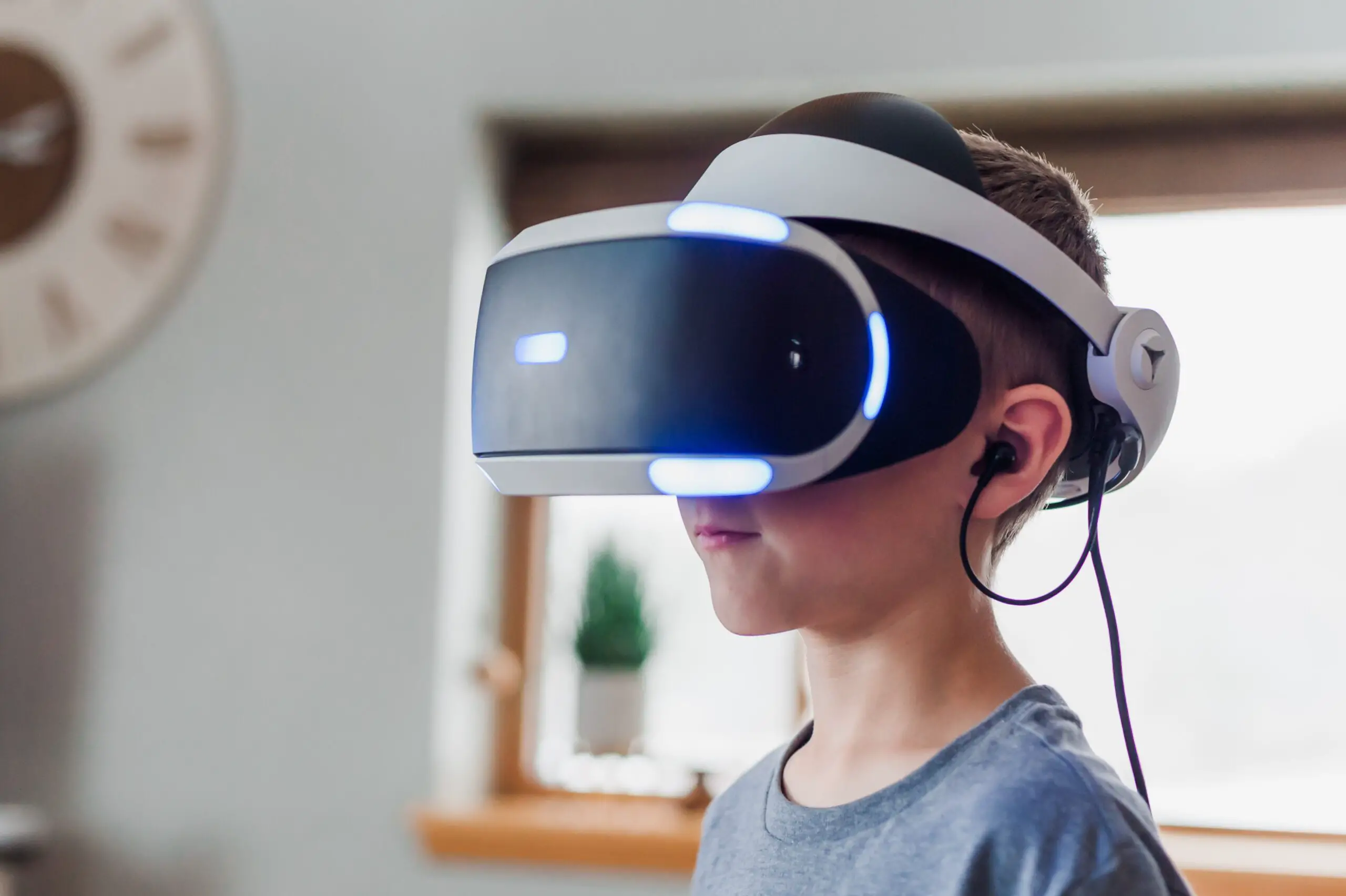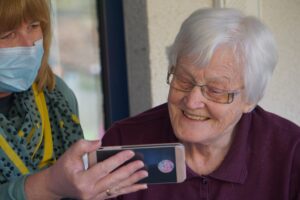A group of researchers from Finland believes that virtual reality (VR) games can be used to precisely and objectively diagnose the symptoms of ADHD in children. Executive Performance in Everyday Living (EPELI), their newly created VR game, was more effective than conventional behavioral tests at differentiating between children with and without ADHD.
The study found that EPELI had predictive validity for ADHD, as evidenced by the ADHD group’s higher percentage of irrelevant actions, which reflected lower attentional-executive efficacy, and higher percentages of controller movements and total game actions, which were signs of hyperactivity-impulsivity.
EPELI simulates tasks that happen in daily life, unlike the questionnaires, interviews, and clinical observations frequently used to evaluate ADHD. Despite environmental distractions, players must remember to perform routine actions like brushing their teeth or eating bananas.
“The game measures everything: how much the child clicks on the controls and how efficiently they perform the tasks,” said Topi Siro, the developer of EPELI. “Efficiency correlates with everyday functioning, where children with ADHD often have challenges.”
EPELI gives players 13 task scenarios over the course of 25 to 35 minutes. Each scenario has one primary topic and four to six subtasks. For each scenario, there are two phases of participation: instruction and execution. Within 90 seconds, the execution phase must be finished.
Children with ADHD were successfully separated from a neurotypical control group in a prior EPELI study. A recent study in Nature replicated that research by adding a visual attention behavioral marker. After playing EPELI, kids played Shoot the Target, another VR game. The latter asked participants to “shoot” virtual objects with their gaze to track eye movement.
Liya Merzon, a doctoral researcher at Aalto University, believes this can “be an effective way of detecting ADHD symptoms.”
Erik Seesjärvi, a doctoral researcher at the University of Helsinki and clinical neuropsychologist at Helsinki University Hospital, said professionals can use EPELI in their clinical work and that “the experience has been very positive.”
According to its developers, EPELI could be used to comprehend and evaluate various conditions, such as age-related illnesses, autism, linguistic difficulties, brain trauma, adult ADHD, and cerebral palsy.
Today, VR is used more frequently in the treatment of ADHD. Enterprises like XRHealth and Amelia Virtual Care use VR in mental health treatment. Several research institutes are examining how well VR therapies can treat ADHD symptoms like working memory, executive function, and cognitive processes.
Follow us on Linkedin.
Read other Articles





